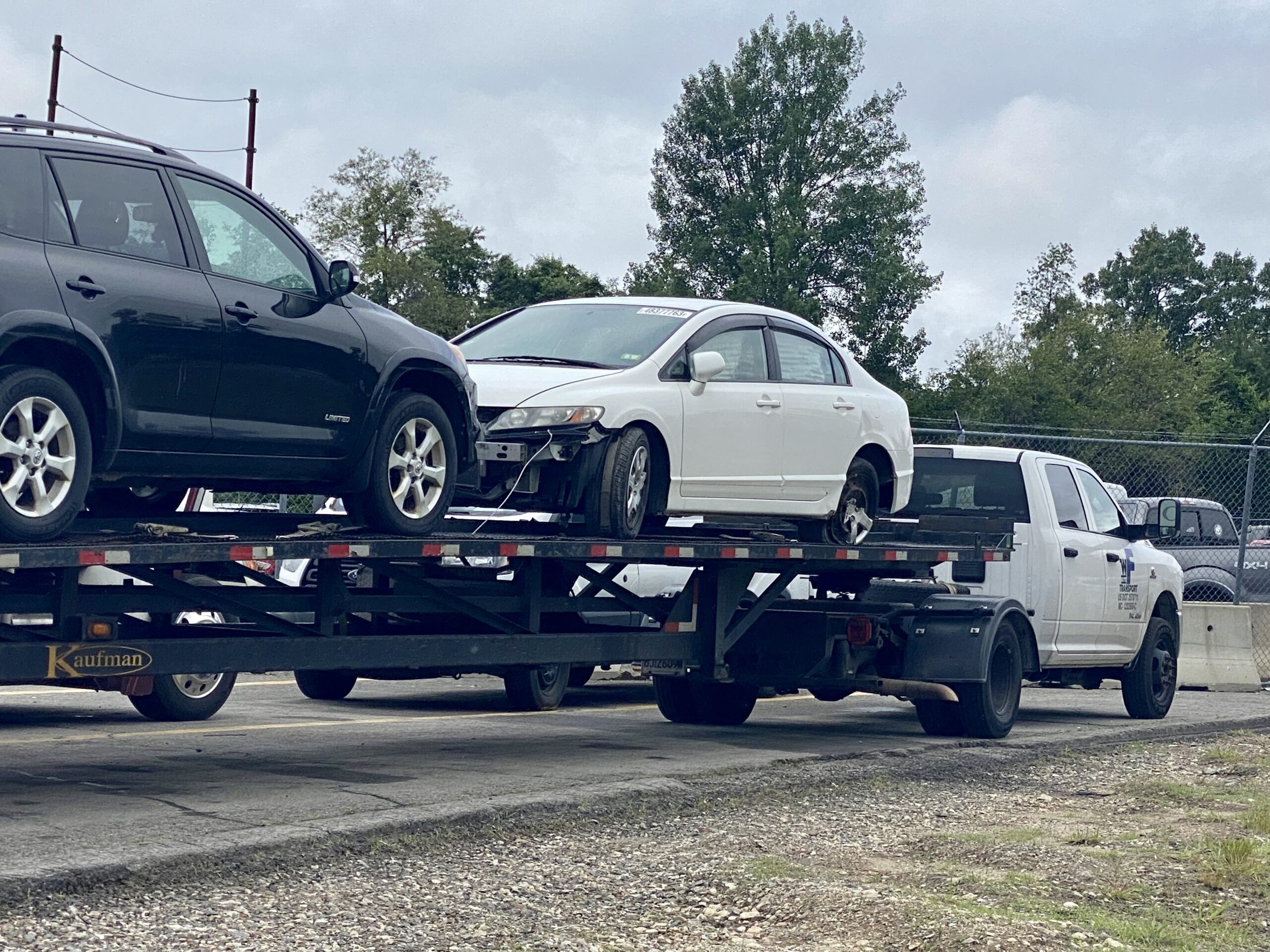
Most of my new clients asking about bankruptcy have one question:
Attorney Myers: If I file bankruptcy can I keep my car?
Answer: Most often the answer is yes. At the same time we need to check a few facts about your situation before we get to the right answer.
People asking me may have lost a job. Some have kept up with their credit card payments. Others have fallen behind. Sometimes people find a new job but it provides less income than before, and there’s no way they can keep up no matter how hard they try. So, they come to see me thinking they might not be able to regain financial stability without filing bankruptcy.
Can I file bankruptcy and still keep my car? Without the car, I can’t drive to work. Not to mention the grocery store or anywhere else.
Keeping cars in bankruptcy is not unusual. It just requires some analysis. First, my sympathy for the job loss and my best wishes with the new employment.
Many people who file chapter 7 bankruptcy end up saving the car. Here’s why: Chapter 7 is called a “liquidation,” meaning a trustee can take any asset and sell it to pay creditors. But, if the vehicle is exempt, as often happens, the car is safe.
How to Calculate Keeping Cars in Bankruptcy
Figure out the private party sale value of your car. Let’s say the value for your car is $10,000.
Next, subtract the lien on the car. Say you owe $7,500. That means the “equity” in the car is $2,500. In other words, if you sold the car for $10,000 in a private sale, the first thing you would have to do is to pay off the car loan. That means you end up with only $2,500 in your pocket. Therefore, in the schedules of your bankruptcy petition, you must disclose the numbers and claim an exemption. Then, you save the car.
Federal bankruptcy law provides an exemption for motor vehicles in the amount of $4,000. Each state provides it’s own exemptions, for example in New Hampshire the exemption for a motor vehicle is $10,000. In Massachusetts, it’s $7,500, unless you are handicapped or over 59, in which case the exemption is $15,000.
The numbers sometimes change, so retain an experienced bankruptcy attorney to handle this and all the details of your bankruptcy filing. Here’s more on the basics behind bankruptcy exemptions.
The car in the above example is safe. Many people owe more than their cars are worth, so the bankruptcy filing does not endanger the car as long as everything is disclosed properly.
Do you really want to keep the car in your bankruptcy?
If you really want to keep the car, the car is reasonable (not a Lamborghini) and the numbers work out as they do above, then you keep the car. Just follow the rules in full fair disclosure of the actual numbers. At the same time, let’s be aware that there are three options for a vehicle in a bankruptcy.
Three Options for Vehicles in Bankruptcy
- Reaffirm
- Redeem
- Surrender
The scenario we summarized above illustrates the first option. After running the numbers and full disclosure on the bankruptcy petition, you sign a reaffirmation agreement and drive away, keeping the car.
Option number two, redeeming the car, involves a tad more math and paperwork. In this scenario you owe much more on the car than it is worth in a private sale. Essentially you “cram down” the car loan, meaning y0u determine the true private party value of that vehicle. Then we find a “redemption lender”. After the approval of the bankruptcy court, the redemption lender pays off the first loan only for the actual private party value. You end up with a new car loan, at the private party value. Most often the interest rate is pretty high, but in some cases this works. If the stars line up, you owe less overall, with fewer car payments and a reduced amount for your monthly payment.
Again, the redemption option only works if the stars line up and you need court approval. That means that if your current lender objects, you do need to actually explain the numbers to a bankruptcy court judge.
The third option works for people stuck with an old vehicle that either does not run or needs so much work it is not worth it to keep it. The bankruptcy discharge you will receive at the end of the case will discharge the car loan. If everything is in order in your bankruptcy, at the end of the case you receive a bankruptcy discharge under section 727 of the bankruptcy law. You check the “surrender” box in the papers of the bankruptcy petition. The car loan company now owns your car and you walk away with what the bankruptcy law calls a “fresh start”.
The author of this article, attorney Andrew D. Myers, is a consumer bankruptcy attorney, meaning his office represents clients through the Chapter 7 and Chapter 13 process both in Massachusetts and New Hampshire.
Visits: 523




